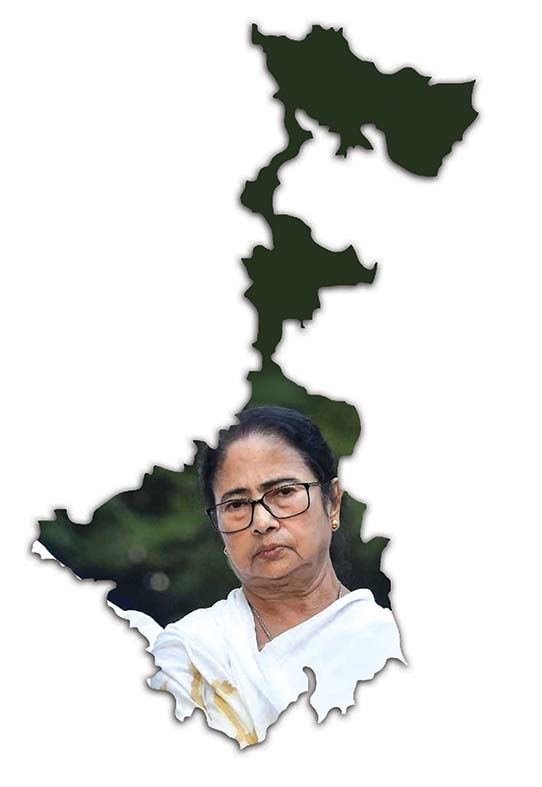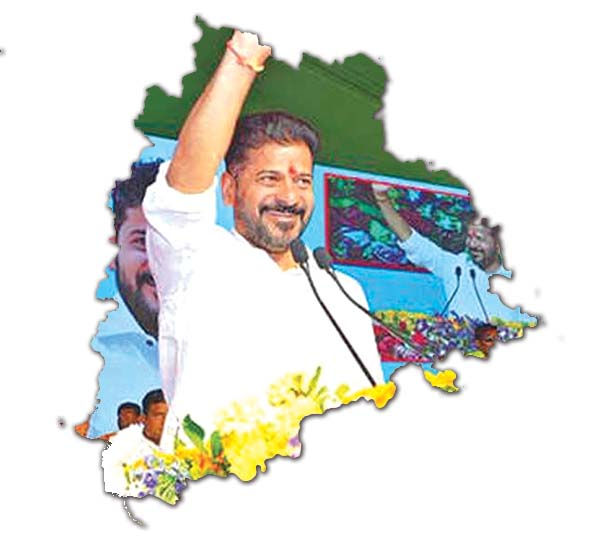The Bengali Firewall
- Correspondent
- Jul 31, 2025
- 3 min read
Mamata Banerjee’s ethno-linguistic grandstanding over migrant detentions is a dangerous bid to insulate West Bengal from the rest of India.

Chief Minister of West Bengal, Mamata Banerjee, is a master tactician of grievance. Her most recent target is not just the Bharatiya Janata Party (BJP), but what she portrays as a pan-Indian conspiracy against Bengali identity. After the Gurugram administration detained 52 Bengali-speaking workers suspected of being illegal Bangladeshi immigrants, Banerjee exploded into righteous indignation. “Speaking Bengali is being treated as a crime,” she thundered. “The nation will collapse if this continues.”
This is incendiary nonsense. India, like any sovereign nation, has the right to identify and deport undocumented foreigners. The workers detained in Gurugram were flagged not for speaking Bengali, but for lacking verifiable documentation. But Banerjee, ever alert to a political opportunity, has twisted due process into a morality play: the stoic Bengali labourer victimised by a Hindi-Hindutva state.
It is a cynical, calculated move. With the 2026 Assembly elections in view, Banerjee has again reached for the most potent tool in her arsenal: Bengali exceptionalism. Her allegations come on the heels of her announcement of a year-long “Bhasha Andolan” (language movement), a thinly disguised campaign to re-energise the Trinamool Congress’s (TMC) support base. This is not new terrain for her. Whenever her authority is challenged, she responds not with institutional dialogue, but with ethnolinguistic defensiveness.
The statistics she cited were revealing. Her focus was on Muslim-majority districts: Murshidabad (66.28 percent), Malda (51.27 percent), North Dinajpur (49.92 percent) - areas with long, porous borders with Bangladesh. Her charge that the BJP is attempting to delete voters from these areas, as allegedly happened in Delhi and Maharashtra, is a barely veiled accusation of communal engineering. But it is also deeply irresponsible. It inflames tensions without evidence and couches legitimate security concerns in the language of persecution.
India has a serious problem with illegal immigration, especially in states bordering Bangladesh. Forged Aadhaar and PAN cards are widespread; their presence cannot be taken as definitive proof of citizenship. The task of sorting migrants from citizens is thankless, complex, and often marred by bureaucratic overreach. But Mamata’s refusal to acknowledge even the possibility of illegality reeks of political opportunism. Her state machinery has long turned a blind eye to infiltration, so long as the beneficiaries vote the right way.
Worse still is her attempt to extend this grievance to other states. She accused the Rajasthan and Assam governments of pushing back Bengali-speaking workers “with valid documents” into Bangladesh. She took aim at Assam for sending a citizenship query to a woman from Alipurduar, calling it an “interference” in Bengal’s affairs. This betrays a fundamental misunderstanding of inter-state cooperation in matters of national security. Assam, unlike Banerjee, has been transparent in implementing the NRC and is now enforcing border discipline with bureaucratic rigour.
Banerjee’s rhetoric is not merely defensive but secessionist in impulse. Her repeated insinuation that Bengal is under siege from a Hindi-speaking, Hindutva-imposing mainland echoes the worst instincts of sub-nationalism. Her invocation of Mahatma Gandhi as someone who “loved Bengal” and was present in Kolkata during Partition riots is a deliberate historical distortion, aimed at portraying herself as the inheritor of Gandhi’s moral authority. But there is nothing Gandhian about her style. It is combative, conspiratorial, and calibrated to provoke.
The irony is that Mamata Banerjee, who insists any Indian should be free to live and work anywhere, is now accusing other states of “torturing” Bengalis and suggesting retaliation. Her government, which offers sanctuary to undocumented migrants, is bristling at routine legal scrutiny from other state authorities. Her identity politics, once a defensive mechanism against northern hegemony, has curdled into full-blown parochialism.
Her core message of regional grievance may well yield electoral dividends. The TMC remains a formidable force, and Mamata’s ability to galvanise Bengali sentiment - real or imagined - cannot be underestimated. But the cost of such politics is steep. She risks insulating West Bengal from the spirit of Indian federalism itself.
Her firewall of Bengali pride may stand strong in the short run. But it is the nation, and Bengal’s own future within it, that will suffer the long-term damage.





Comments